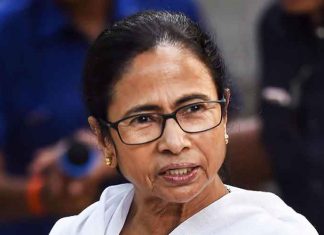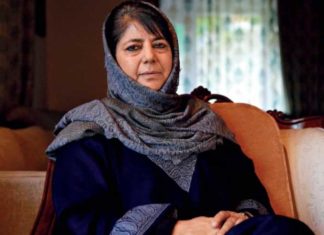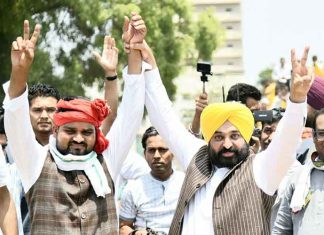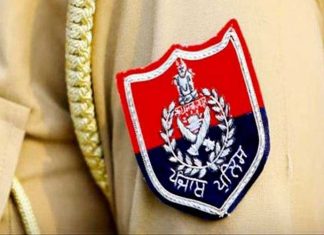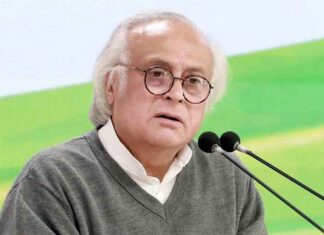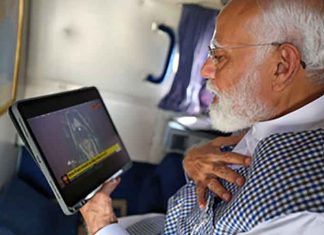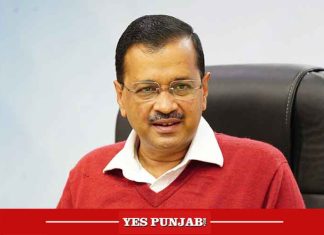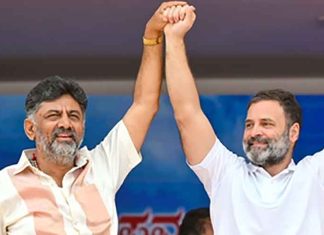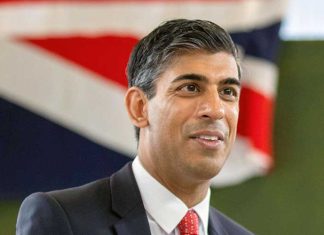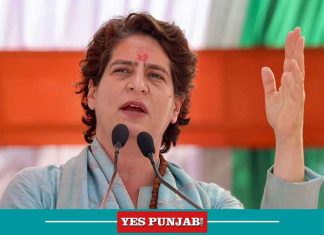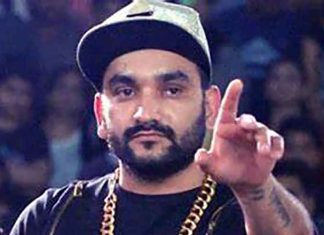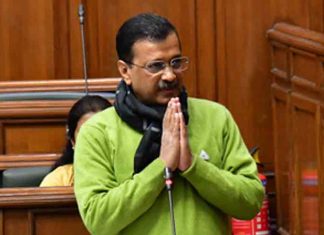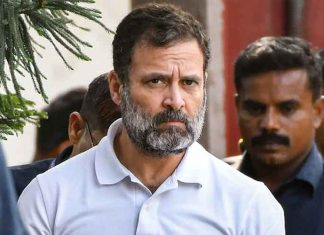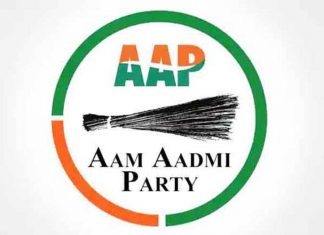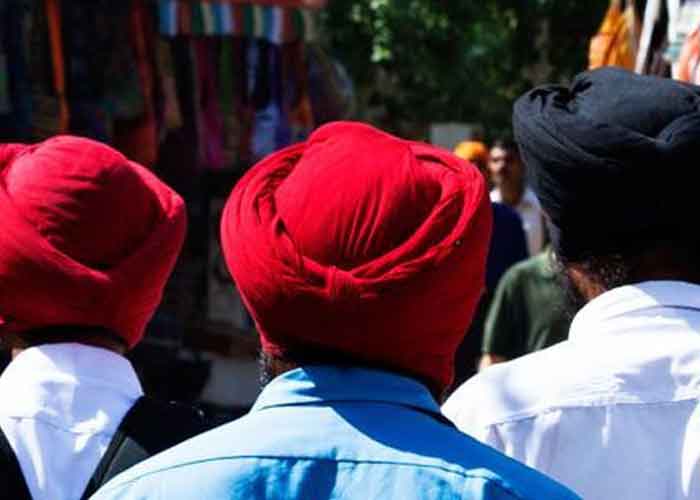New Delhi, Aug 16, 2022- As Ola Founder Bhavish Aggarwal shifts gears to give wings to his electric car dream, experts are a little wary of his quick moves on the EV front, as Ola Electric is yet to cement its position in the crowded electric two-wheeler market, amid government scrutiny over ‘unfair practices’ at the ride-hailing platforms, battery fire probes, hundreds of layoffs and high-profile exits at the company.
Aggarwal has pressed the EV accelerator hard while Ola’s electric two-wheeler sales are now going south.
On August 15 when the company showcased its upcoming electric car that claims to give 500 km on single change and can go from zero to 100 kms within 4 seconds, the company had sold merely around 1,400 Ola S1 and S1 Pro scooters in the first 15 days of the month (according to the government VAHAN data).
In July, Ola Electric sold 3,861 vehicles, a significant drop from 5,891 vehicles in the month of June. The figures are dropping with each passing month.
Hero Electric led the EV two-wheeler segment, selling 8,952 vehicles for July, followed by Okinawa Autotech at 8,094 vehicles.
According to industry experts, Ola needs to move slowly, fix the house first and cater to the new consumers who are afraid of booking electric two-wheelers amid fears.
“Ola is facing some issues with its two-wheelers. Some scattered incidents of these EVs catching fire have been reported. Besides, Ola was forced to recall over 1,400 vehicles a few months back, which raised concerns over the trustworthiness of Ola scooters in consumers’ minds,” Soumen Mandal, Senior Research Analyst at Counterpoint Research, told IANS.
“More such incidents may hurt consumer intention to purchase EVs. The government has already intervened in this matter to bring about a solution,” he added.
As Ola Electric CEO Aggarwal ramps up the EV business, media reports claim that the ride-hailing platform was set to lay off around 1,000 employees across verticals.
However, according to sources close to the company, these layoffs may impact less than 500 employees and not 1,000, and “are a result of restructuring in the Cars and Dash businesses,” which the company has shut down.
The company had nearly 1,100 employees in its core ride-hailing business, which has lately become a pain-point for the daily commuters, along with Uber.
Both the companies were pulled up recently by the Central Consumer Protection Authority (CCPA), under the Ministry of Consumer Affairs, which issued notices to them for “unfair trade practices” and violation of consumer rights.
The primary issues raised were deficiency in service, inadequate consumer grievance redressal mechanism, unreasonable levy of cancellation charge and inclusion of charges for add-on services by way of pre-ticked boxes without explicit consent before each ride.
Above all, battery fires shook up the entire nation for several months in the summer, leading to Union Road Transport and Highways Minister Nitin Gadkari stating in the Parliament that all those EV two-wheelers companies have been served show-cause notices whose vehicles caught fire owing to battery issues.
The Ministry constituted a committee of experts to suggest safety standards for batteries, battery components and related systems.
The CCPA also received several complaints from the EV two-wheeler buyers.
Ola Electric now aims to invest more towards its electric car, domestic battery cell manufacturing and financial services businesses.
Amid the myriad of challenges, Aggarwal has pushed his electric car dream ahead, saying India needs to become the global epicentre of the EV revolution and command 25 per cent of the world’s automotive market.
EV penetration in the two-wheeler and passenger vehicle categories in India was 3.7 per cent and 1.2 per cent, respectively, in the second quarter (Q2 2022).
India is at a nascent stage of EV adoption and there is a huge opportunity for Ola to become one of the important players in the EV ecosystem, if it plays its cards well and avoids more controversies.
Currently, India’s electric car space is dominated by Tata Motors, followed by MG Motor, Hyundai Motor, Mahindra & Mahindra and Kia Motors.
Maruti Suzuki, which has a big share of 40 per cent in India’s passenger vehicle market, is yet to enter the electric car space.
“We think this is the right time for new players to enter this space in India and benefit from the ongoing connected electric mobility transition,” said Mandal.
Ola is trying to gradually build its own EV value chain, starting from rental cab services, vehicle manufacturing and charging infrastructure to battery cell manufacturing.
In the future, it may target building its own software services, advanced driver-assistance systems (ADAS) and connectivity technologies, keeping in mind multi-fold growth in the connected EV space.
“Ola will find it comparatively easy to push its EVs for car rental and cab services with charging infrastructure at designated places. This will help it to scale EV sales while converting the rental fleet into a greener fleet,” Mandal told IANS.
However, this needs more than wrapping up assembly lines in a much quicker time than global standards, while being humble towards achieving the mammoth task, as a home-grown electric car is something that must not go wrong for a country that aspires to realise its ambition 2030 EV dream. (Agency)
CLICK HERE to like YesPunjab.com Facebook Page for regular updates




